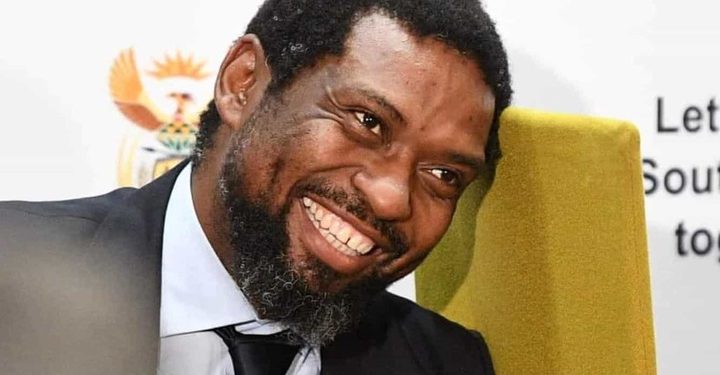Anti-corruption group Outa has urged newly appointed Higher Education Minister Buti Manamela to take immediate action against corruption in the Sector Education and Training Authorities (Setas). Outa CEO Wayne Duvenage warned that while Manamela brings experience to the role, his long tenure in the department raises concerns about whether real change will happen.
“Minister Manamela’s deep ties to the higher education system, where corruption has festered for years, make us question if he can drive the needed reforms,” Duvenage said. The statement comes after President Cyril Ramaphosa appointed Manamela alongside a second deputy minister, Dr Nomusa Dube-Ncube – a move Outa found unusual given the existing deputy minister position held by Mimmy Gondwe.
Outa has documented years of mismanagement in Setas and the National Student Financial Aid Scheme (NSFAS). While praising recent NSFAS leadership appointments, Duvenage noted that several Setas continue operating with poor governance despite repeated negative audit findings.
“Corrupt executives keep drawing big salaries while skills development suffers,” Duvenage said. “With R21 billion in annual funding, Setas must be held accountable.” Outa plans to request an urgent meeting with Manamela to share evidence of systemic corruption and push for new, independent Seta leadership.
Court Victory for Corruption Watchdogs
In a related development, the Johannesburg High Court recently ruled in Outa’s favor regarding its corruption reporting. The court found that private organizations like Outa aren’t required to give subjects like former NSFAS chair Ernest Khosa advance notice before publishing corruption allegations.
Khosa had demanded the right to respond before Outa published its report linking him to NSFAS corruption, which contributed to his resignation. The court upheld Outa’s position, stating that while individuals can pursue defamation cases afterward, pre-publication review isn’t legally required for private entities acting in public interest.
“This ruling protects civil society’s ability to expose wrongdoing,” said Outa’s Stefanie Fick. The judgment clarified that constitutional free speech protections outweigh reputation concerns when reporting serves the public good. The court dismissed Khosa’s application with costs, noting his case could have chilled anti-corruption efforts.
The decision sets an important precedent for South African accountability organizations investigating graft in government and state entities.






















